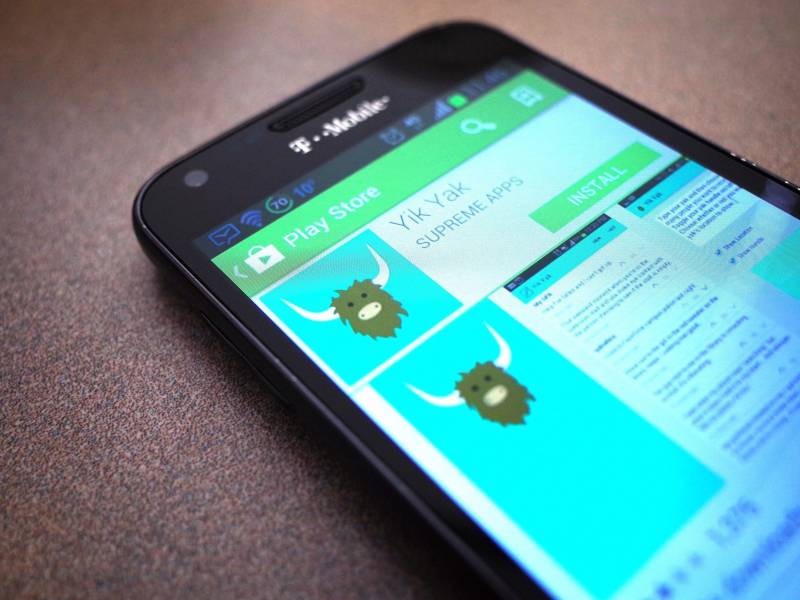After a four-year break, Yik Yak, the once-popular anonymous messaging app that was blamed for cyberbullying and hate speech, is back. This time, the new owners are promising to take a stronger stance against abuse.
The new owners of the company purchased the rights to redevelop the location-based app from its original maker in February, calling it “the same Yik Yak experience millions knew and loved.”
“We’re bringing Yik Yak back because we believe the global community deserves a place to be authentic, a place to be equal, and a place to connect with people nearby,” the new owners said on the company’s website on Monday.
Yik Yak was popular on campus
Launched in 2013, Yik Yak swept the nation as it became popular across college campuses as well as middle schools and high schools.
The app allows users to post messages anonymously on its platform within a 5-mile radius of their location. The messages could be up-voted or down-voted by users.

9(MDAxOTAwOTE4MDEyMTkxMDAzNjczZDljZA004))

